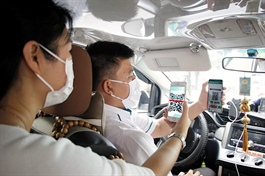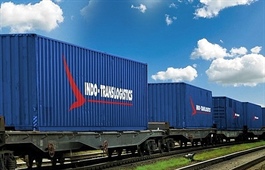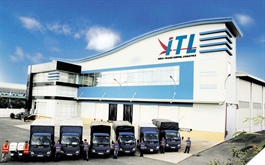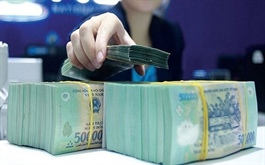Insurance businesses cashing in on pandemic
Insurance businesses cashing in on pandemic
While life insurers continue to embark on their transformation journey to gain customers’ trust, non-life insurers are likely to dance on the razor’s edge as the pandemic re-emergence exerts pressure into the sector.

Digital tools can make healthcare options much more accessible for people
|
The pandemic has prompted insurance companies to speed up digital transformation to cope with the unique challenges of the prolonged crisis.
Prestigious foreign life insurer Manulife encourages its customers to adopt cashless payment services and lodge compensation claims online as the nation is directed to go into self-isolation and follow social distancing. The company also provides virtual training sessions for new consultants nationwide.
According to Hanwha Life – a South Korean-based insurer, the outbreak has made people more aware of the importance of insurance coverage to protect their health. That brings advantages to all life insurers, and the firm has quickly adapted to the emerging trend.
Hanwha Life has been pushing digital transformation in its operations, an initiative which encompasses policy issuance, online premium collection and claims, and more to help customers make insurance transactions from the comfort of their homes, thus driving down the contagion threat. In addition, the company has also transferred training and recruitment activities to online channels.
Similarly, Chubb Life Vietnam has also rolled out a number of disruptive and digitally-led services in order to enhance its customer experience, such as the upcoming adoption of an electronic Know-Your-Customer system.
Meanwhile, Prudential Vietnam has recently launched Pulse, an all-in-one digital app that is the first of its kind in Asia, to offer holistic health management to consumers.
To Thuy Trang, chief customer and marketing officer of Prudential Vietnam told VIR, “We are seeing a rising healthcare demand and how digital tools can lead to better, faster, and more accessible healthcare for people.”
Data from the Vietnam Insurance Association shows that by the end of the first six months of 2020, revenue of the non-life insurance sector reached approximately VND27 trillion ($1.2 billion), with a 7 per cent growth rate. Compensation reached VND 9 trillion ($392 million), which translates to a 33 per cent compensation rate, excluding compensation reserves.
Meanwhile, in the first half of the year, health insurance businesses still maintained the best growth rate, having seen an increase of 35 per cent compared to the same period of 2019. One major factor behind this dramatic rise is the fear of COVID-19.
Tran Nguyen Dan, director of the Institute of Insurance and Financial Risk Management noted, “The unprecedented public health challenges are causing major concerns for people and businesses – and insurance companies continue to roll out new products and innovative solutions to help them overcome these difficult times while achieving their annual targets.”
Taking advantage of this opportunity, many insurance companies have delivered new packages to stimulate demand, such as fee payment division, 24/7 call centres, and online application processes.
The sharp decline in car sales earlier this year has hampered vehicle insurance growth to only 4 per cent during the last six months, reaching around VND8 trillion ($347.8 million). The figures could have been even smaller had it not been for the compulsory insurance policy of previous road traffic control.
Insurance businesses are expecting car sales to increase for the rest of the year. In addition, the Ministry of Finance’s proposal to issue electronic insurance certificates instead of physical copies will be a positive factor for this business in the future.
In order to further promote this business, many insurers continue to offer sales promotion programmes and strengthen cooperation with partners to increase sales volume.
Post and Telecommunications Joint Stock Insurance Corporation (PTI) has announced the expansion of its so-called 24/7 motor vehicle damage inspection service at affiliated garages nationwide. Accordingly, PTI inspectors will perform damage assessments at all associated garages, including weekends and holidays.
Meanwhile, the operations of insurance of goods, maritime and aviation have not been recovered yet as the pandemic dealt a fresh blow to the domestic and foreign trade. Experts believe that besides continuing to promote stimulus policies to attract more customers, non-life companies must also take downsizing management expenses into consideration to ensure minimum efficiency.
Truong Vinh Phuc, partner of audit services at KPMG Vietnam said, “This year’s growth target of the domestic insurance industry may not be achieved because performance will depend on how the Vietnamese economy recover.”
























